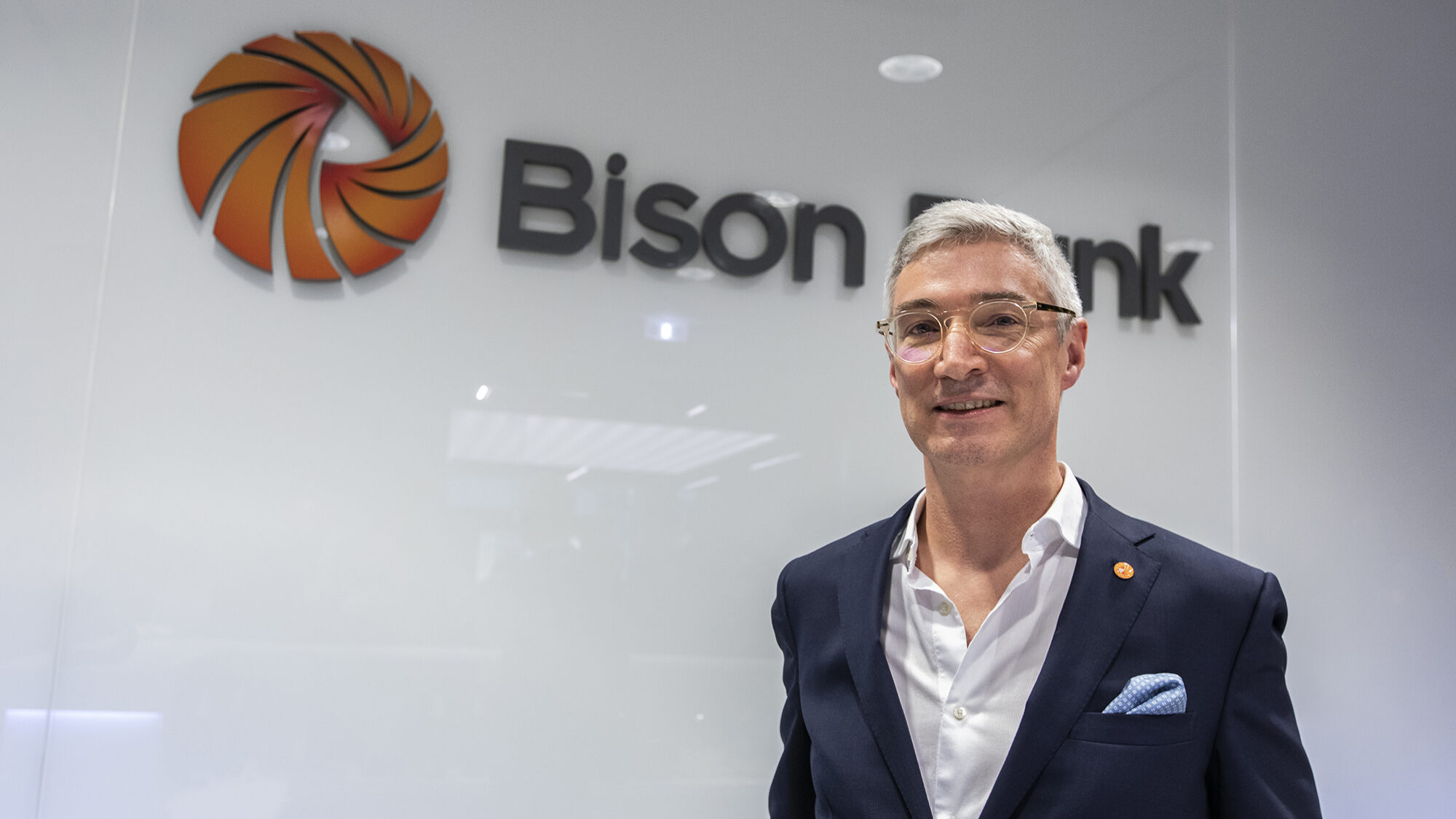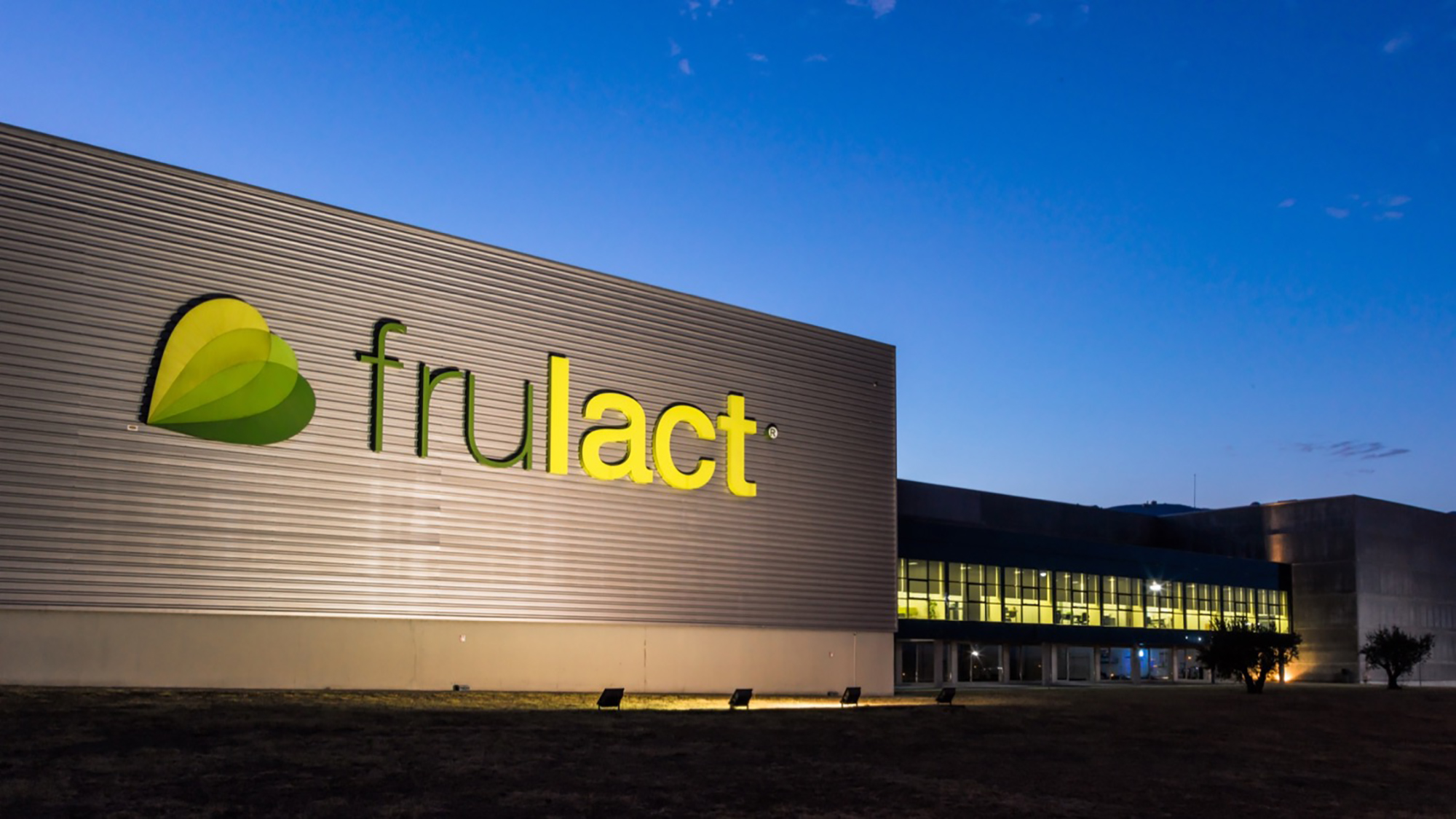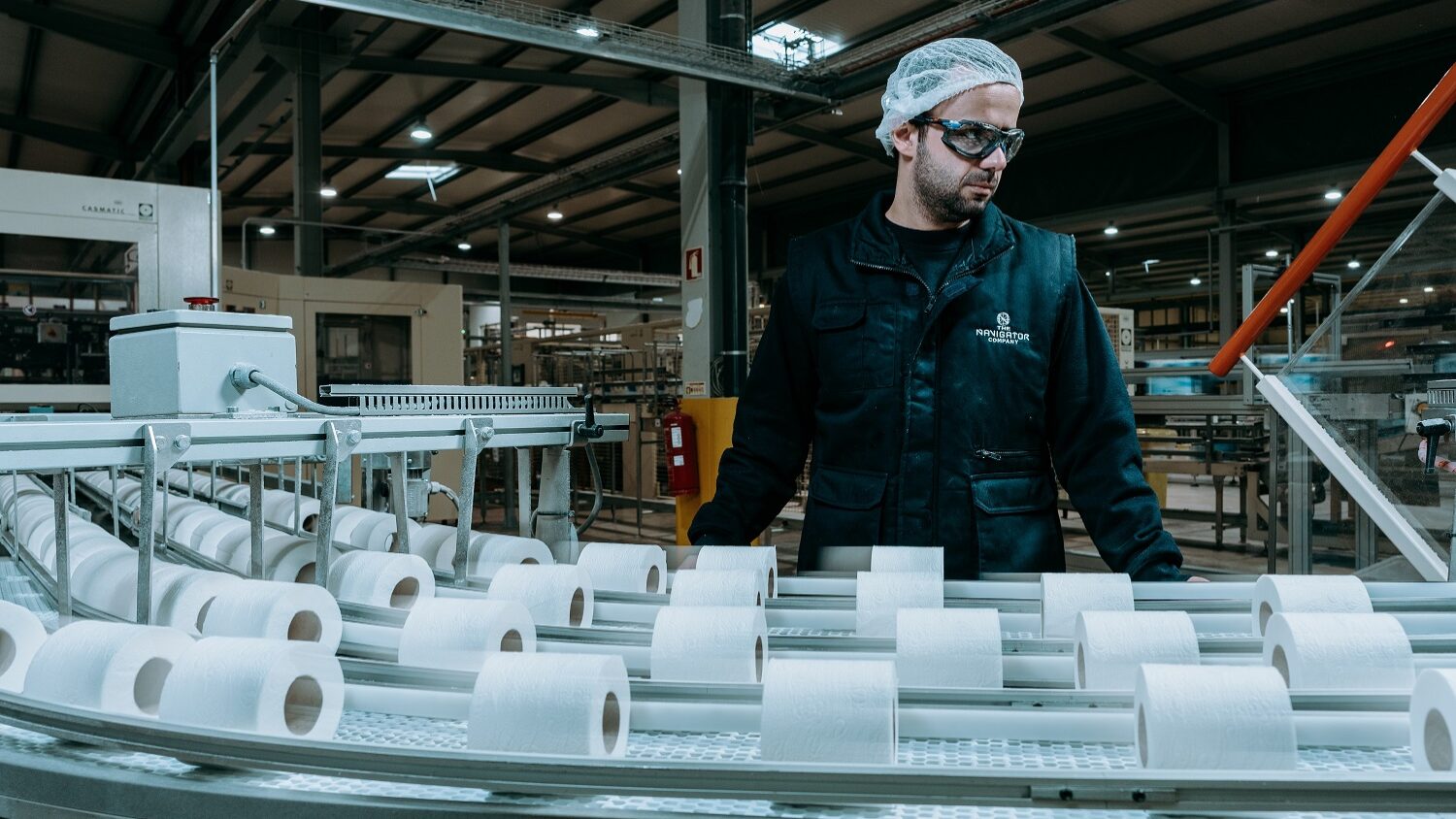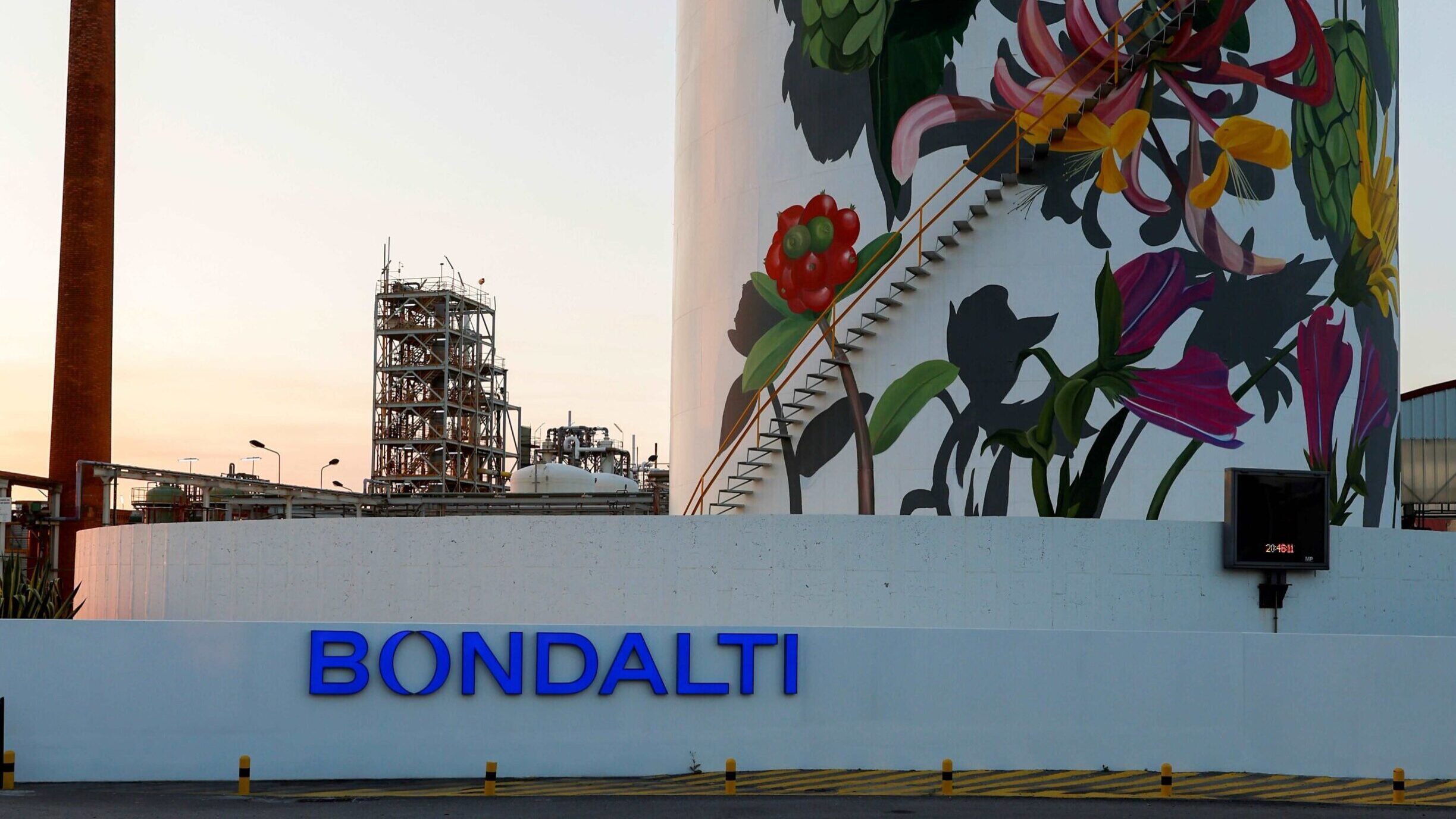Nokia has replaced half of Huawei’s fibre optics at Meo. Partnership to be strengthened
On the day that Meo and Nokia are set to announce the strengthening of their strategic cooperation at the Web Summit, ECO takes a look at the current status of the agreement.
The replacement of Huawei’s fibre optic equipment at Meo is halfway through, reveals John Harrington, executive vice-president of Nokia, in an interview with ECO. The manager explains that the change covers various infrastructure and network parameters, such as radio and IP (Internet Protocol), and represents a modernisation.
“We are replacing radio, IP and optical equipment. It is going well. In terms of optics, we have completed about 50% [of the process] and another 50% remains. I think the customer is satisfied with the pace of the transformation. It’s not just a replacement, but a modernisation. We are implementing the latest, future-oriented technology”, said John Harrington, Nokia’s executive vice president responsible for Network Infrastructure in Europe, the Middle East, Africa (EMEA) and Asia-Pacific.
The ‘rip and replace’ of Huawei equipment at Meo is not “just about taking out the old and putting in the new”, according to the Nokia executive. “We are bringing innovation, helping them reduce their operating costs”, explained John Harrington, speaking to ECO on the sidelines of the Atlantic Convergence conference in Lisbon.
Nokia’s vice-president for Network Infrastructure in Europe also described the agreement as “future state architecture” – an expression also used to define the planning of technological objectives within a business – and showed empathy with the situation of Meo and other companies in the sector.
“Imagine the situation of the operators. They installed a network and now they need to replace it with something better. That’s why I’m very proud to say that we are replacing Huawei’s old equipment with something more advanced, better, more prepared and compatible with future technologies”, said John Harrington, without committing to a completion date for the replacement.
Meo and Nokia to strengthen cooperation
Meo is kicking off the Web Summit, which is taking place this week in Lisbon, with a press conference entitled ‘Meo and Nokia strengthen strategic cooperation’, meeting customer ‘satisfaction’.
As ECO reported, in Portugal, the replacement of Huawei equipment – which, since 2023, has been accused by the United States and Brussels of posing a security risk and refutes the criticism – has progressed slowly. In fact, the replacement schedule has been extended: now, the transition will take place until 2027 and be completed by 2031.
Europe’s largest economy is also positioning itself on this digital sovereignty front. About two weeks ago, it was made public that the German government was considering paying Deutsche Telekom, the largest telecommunications operator in Europe, and other competitors to replace equipment manufactured by the Chinese company Huawei in their electronic communications networks.
The news, reported by Bloomberg, estimated a cost of €2 billion for the replacement in Germany, where there has been resistance to change due to the bill to be paid, in addition to the time such a process takes. Orders from the German authorities banned Chinese technology in 5G until the end of next year and in radio until four years from now.
The same news agency reported on Tuesday, citing people familiar with the matter, that the European Commission is assessing how to compel European Union member states to phase out Chinese companies Huawei Technologies Co. and ZTECorp. from their telecommunications networks. Commission Vice-President Henna Virkkunen wants to turn the 2020 recommendation that countries stop using high-risk suppliers into a legal requirement.
5G still has “a long way to go”
When it comes to 5G, in the opinion of Nokia’s executive vice-president, there is still a “long way to go”, including the adoption of the so-called pure 5G by companies. John Harrington sees mobile network technologies as something for “decades” and, as the fifth generation began around 2019 (2021 in Portugal) and “we are still in 2025”, there are more opportunities to slice networks for specific brand services.
“There has not yet been a killer application. There has been greater spectral efficiency and more bandwidth. What we see is an opportunity to perform network slicing for priority customers or companies that want a differentiated service. We are already beginning to see this implementation in some countries”, says the manager.




